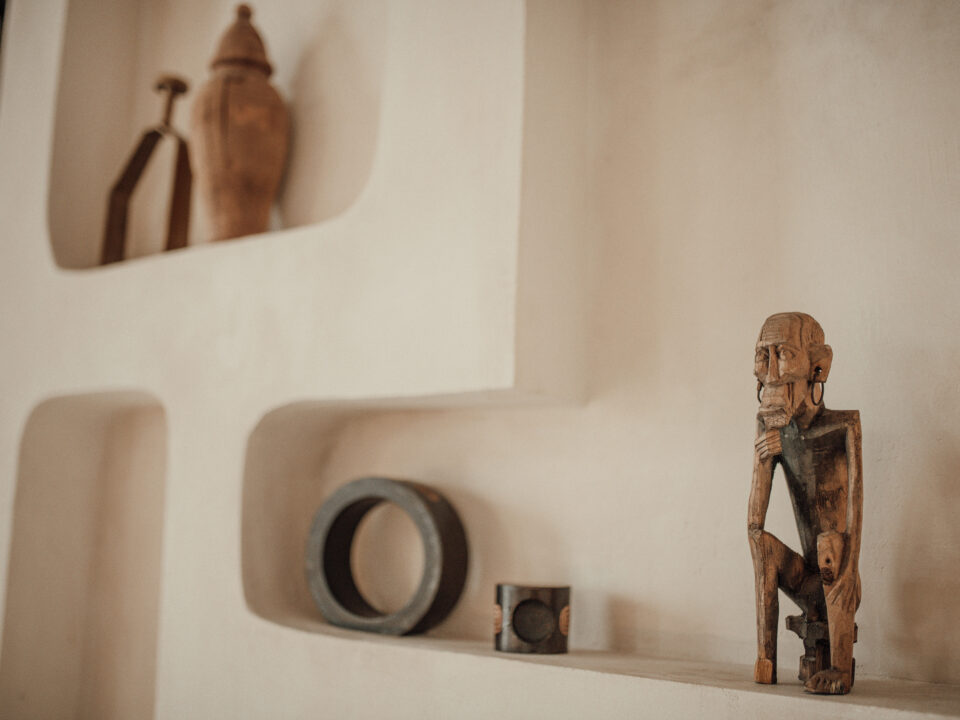Building approvals in Bali
In Bali, the speed of obtaining building approvals can vary significantly, influenced by several factors including regulations, bureaucracy, project specifics, and administrative processes. While efforts have been made to streamline these processes, obtaining building approvals in Bali often involves navigating through administrative procedures that may impact the speed of construction projects.
One of the key factors affecting the pace of building approvals in Bali is the complexity of regulations and local bureaucracy. Bali, like many other regions, has specific building codes, zoning regulations, and permit requirements that must be adhered to for any construction project. These regulations aim to ensure safety, environmental compliance, and adherence to local architectural styles. However, interpreting and complying with these regulations can be time-consuming, particularly for larger or more unconventional projects.
Another influencing factor is the need for comprehensive documentation and permits. Building approvals in Bali typically require detailed architectural plans, environmental impact assessments, land certificates, and various other permits. Delays often arise from the time it takes to prepare and assemble these documents, as well as the review process by local authorities or regulatory bodies. Any discrepancies or missing information may further prolong the approval process.
The workload and efficiency of the local government offices handling building permits also play a significant role. During peak seasons or when there’s a high volume of construction applications, bureaucratic processes might slow down due to increased demand and limited manpower. Conversely, during quieter periods, approvals might be processed more swiftly.
Furthermore, unforeseen circumstances like changes in regulations, legal issues, or community objections can stall approvals and add to the timeline. Local community involvement and consultations, especially in areas where building may affect neighbors or communal spaces, can sometimes elongate the approval process as consensus or compromises are sought.
Efforts have been made by authorities in Bali to streamline approval processes and improve efficiency. Initiatives like digitalizing application systems, establishing one-stop service centers, and simplifying procedures aim to expedite building approvals. However, despite these efforts, variations in approval timelines persist due to the diverse factors influencing the process.
In conclusion, while strides have been taken to expedite building approvals in Bali through regulatory reforms and administrative enhancements, the process remains multi-faceted and contingent upon various factors. Navigating the bureaucratic landscape and adhering to regulations are essential for gaining building approvals efficiently in Bali.




